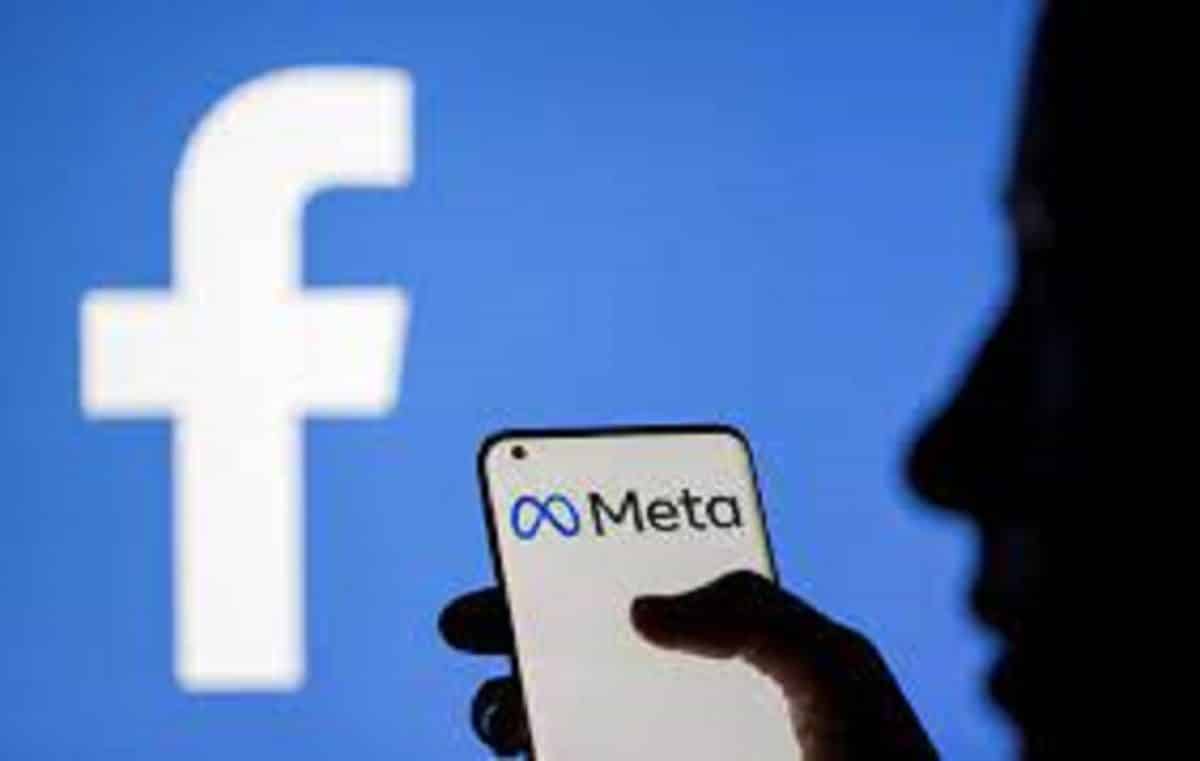Facebook to ban targeted ads geared for ‘sensitive’ issues like race, sexual orientation, religion

After discussions with civil rights experts and policymakers, Facebook says it’s doing away with some advertising practices that target users based on their interactions with certain content on issues like politics, race and sexual orientation.
Facebook’s parent company, now called Meta, announced that it will ban such targeted advertising that’s based on “sensitive” matters — including health causes, organizations and public figures that “relate to health, race or ethnicity, political affiliation, religion or sexual orientation.”
Currently, advertisers can target people who have expressed interest in issues, public figures or organizations connected to these topics. That information comes from tracking user activity on Facebook, Instagram and other platforms the company owns.
For instance, someone who’s shown interest in “same-sex marriage” may be shown an ad from a non-profit supporting same-sex marriage. But the categories could also be misused and Meta, formerly Facebook, has been under intense scrutiny from regulators and the public to clean its platform of abuse and misinformation.
Meta said the targeting controls on Facebook will take effect on Jan. 19. The ban will be fully complete in March, when ads previously created with the targeted marketing tools will no longer be allowed to run on Facebook.
“We strongly believe that the best advertising experiences are personalized,” Meta Vice President of Product Marketing and Advertising Graham Mudd wrote in a blog post Tuesday.
“At the same time, we want to better match people’s evolving expectations of how advertisers may reach them … and address feedback from civil rights experts, policymakers and other stakeholders on the importance of preventing advertisers from abusing the targeting options.”
Mudd noted that the change was a “difficult decision,” but that it “balances” important considerations.
Facebook has often been criticized for allowing advertisers to tailor strategies for users who engage with controversial posts, and for failing to curb misinformation.
In 2019, Facebook said it would overhaul its ad-targeting systems to prevent discrimination in housing, credit and employment ads as part of a legal settlement. The social network said at the time it would no longer allow housing, employment or credit ads that target people by age, gender or zip code. It also limited other targeting options so these ads don’t exclude people on the basis of race, ethnicity and other legally protected categories in the US, including national origin and sexual orientation.
It also allowed outside groups that were part of the lawsuit, including the American Civil Liberties Union, to test its ad systems to ensure they don’t enable discrimination. The company also agreed to meet with the groups every six months for the following three years, and is building a tool to let anyone search housing-related ads in the US targeted to different areas across the country.
After an uproar over its lack of transparency on political ads Facebook ran ahead of the 2016 election, a sharp contrast to how ads are regulated on traditional media, the company created an ad archive that includes details such as who paid for an ad and when it ran. But it does not share information about who gets served the ad.
Outside researchers tried to remedy this. But in August, Facebook shut down the personal accounts of a pair of New York University researchers and shuttered their investigation into misinformation spread through political ads on the social network.
Facebook said at the time that the researchers violated its terms of service and were involved in unauthorised data collection from its massive network. The academics, however said the company is attempting to exert control on research that paints it in a negative light.
The NYU researchers with the Ad Observatory Project had for several years been looking into Facebook’s Ad Library, where searches can be done on advertisements running across Facebook’s products.
The access was used to “uncover systemic flaws in the Facebook Ad Library, to identify misinformation in political ads, including many sowing distrust in our election system, and to study Facebook’s apparent amplification of partisan misinformation”, said Laura Edelson, the lead researcher behind NYU Cybersecurity for Democracy, in response to the shutdown.





